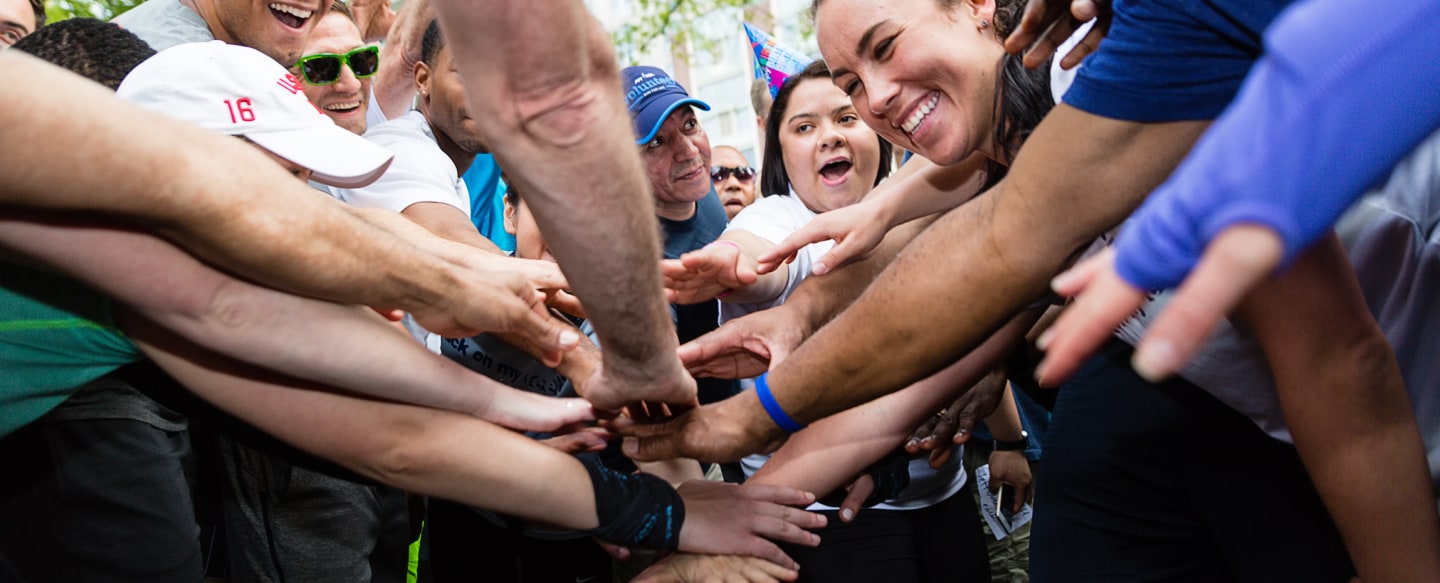Grace Schnabl is a political science major at the University of Wisconsin-Eau Claire where, in addition to being a varsity swimmer, she is involved with the Menard Center for Constitutional Studies (MCCS). Established in 2016, the mission of the nonpartisan MCCS is to promote research, education, and community outreach on matters related to the U.S. Constitution. We talked to Schnabl, who plans to attend law school after college, about how MCCS sparked her interest in free speech and openness and how the center helps students and members of the community respectfully and constructively debate their ideological differences.
CKF: Grace, your professors have told us you’re a student, an athlete, an intern with a circuit court judge, and the founder of two civil discourse groups on campus. You’re so busy. How did you have time to discover a particular interest in free speech?
Schnabl: Early on, I actually had quite an interest in math, but in high school I realized I had more of a fascination with world history, politics, and, specifically, U.S. government. I didn’t come to college that interested in free speech, though. That interest sparked around the first or second semester of my freshman year when I took Dr. Kasper’s course on free speech. I’d done some volunteering work with political groups in high school, but really it was Dr. Kasper’s class. I just thought, I need to know more about this subject.
CKF: Dr. Kasper is the director of MCCS. Did you hear about the center through him?
Schnabl: Yes. He invited me to be part of the center’s reading group the second semester of my freshman year. At the time, the group was tackling the issue of free speech on campuses. That issue obviously affects me as a student, but I also wanted to have the chance to have productive discussions with other students about the topic. The reading group was about 12 or 13 students, all with varying political beliefs.
CKF: Dive into that a bit more — how does the center foster discussion among students who might otherwise disagree?
Schnabl: I hate to say it, but in high school I surrounded myself with likeminded people. We agree on hobbies, politics, music. But in college, and this is partly because of the center and its reading groups, I found one of the most fulfilling experiences for me is to interact with people I disagree with. So much so that I started those two civil discourse organizations. The reading groups really opened my mind and encouraged me to consider different perspectives. They showed me that allowing people to express their opinions — and have them flow through the marketplace of ideas — is how we progress as a society. Debating ideas is how you discover answers, and you can’t do that without the discourse that flows through free speech.
CKF: That’s fascinating because too often we hear students don’t want to have open conversations. They don’t want to challenge their thinking. It sounds like that’s not the case with MCCS students. Can you elaborate?
Schnabl: Yeah, I do think people believe students are shying away from tough issues. We’re not. In fact, based on the center’s attendance numbers, it’s clear students want opportunities to debate. And I think we’ve all come away with an understanding that we don’t have to think the exact same thing, but we do have to respect one another if we’re going to discover solutions to difficult problems. It’s not just with the center that I’ve seen this. I’ve seen it in groups and interactions all around campus where, even though people aren’t necessarily agreeing on some topics, they are coming to an understanding and are able to interact with one another and actually think about future potential.
CKF: That’s wonderful. In addition to the reading groups, what other opportunities do students have through MCCS to develop the muscle memory needed for respectful political discourse?
Schnabl: So, the center focuses on promoting the study and discussion of constitutional principles — free expression, civil discourse — and it supports student and faculty research, public lectures, and student scholarships related to constitutional law and democratic governance. It also offers partnered research opportunities with faculty that allow students to dive into topics related to the Wisconsin and U.S. constitutions.
The lectures and student workshops have definitely impacted me quite a bit because they’ve challenged me to think critically about constitutional issues and engage in meaningful discussions with peers and other experts the center brings to campus through its lecture series. These events have really built my analytical skills since I’m always encouraged to question. I’ve also gotten to travel to Philadelphia and Chicago for civil discourse workshops because of the support the center has given me. All these events provide outlets for deeper discussion than I wouldn’t normally have in a standard college class.
CKF: You’ve already touched on this a bit, but when it comes to sustaining a functioning society, why are programs like MCCS so important?
Schnabl: The ability to navigate complex issues, challenge ideas, and contribute to meaningful conversations is essential for maintaining a healthy, functioning democracy. By educating individuals about their own constitutional rights, about civil discourse, and about democratic governance, the center’s programs help create informed citizens who can participate thoughtfully in our society’s political and legal processes. And it’s not just students who benefit. Though the center is run through our university, we have tons of community members and people who live in Eau Claire who come to these events. The center is not just teaching students how to interact with different perspectives respectfully, it’s also teaching people in the community, which is especially important in our time of growing polarization. The center’s programs foster respectful dialogue across ideological divides, which, unfortunately, is something that’s seriously at risk today.
CKF: Is there a particular event that stands out to you?
Schnabl: Yes. The center collaborates with tons of different organizations, including the two organizations I founded, which has been really cool. We held one event with the university chess club where grandmaster Gary Kasparov spoke. He talked about his journey through chess and his journey to America and how he continued to fight for democratic principles and liberalism in Russia even though his life was at risk.
CKF: What an amazing experience — and what a creative way to bring different student groups together. We started out discussing how you found your passion for free speech and openness. CKF’s mission is to empower individuals to live lives of meaning. How do you think MSSC advances that goal?
Schnabl: The opportunity to engage with others in meaningful discussions fosters the type of intellectual growth that’s necessary to discover your purpose. I now know I’m passionate about the law and public service. I discovered that by working with the center. And, moving forward, I know the skills and experiences I’ve gained, whether in legal analysis, public speaking, or engaging in civil discourse, will continue to influence my path through law school and beyond.










